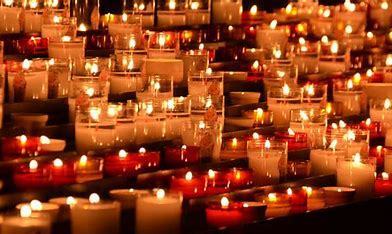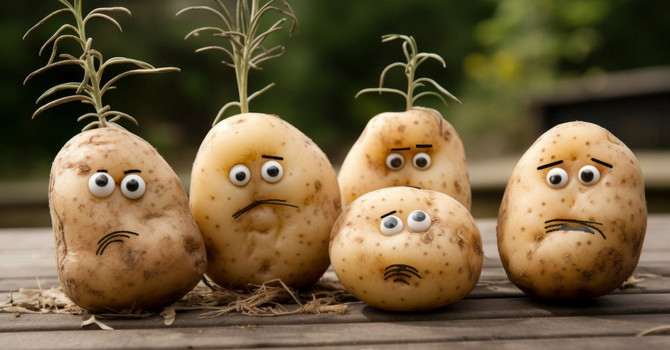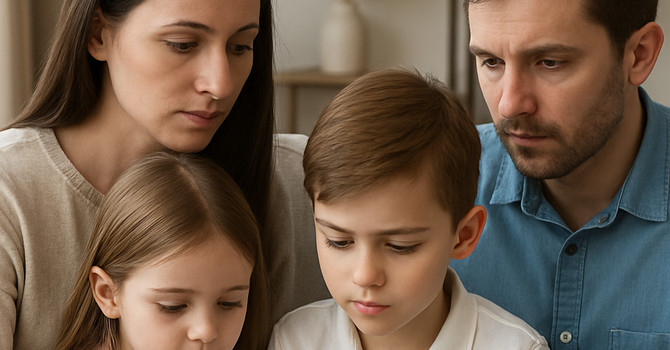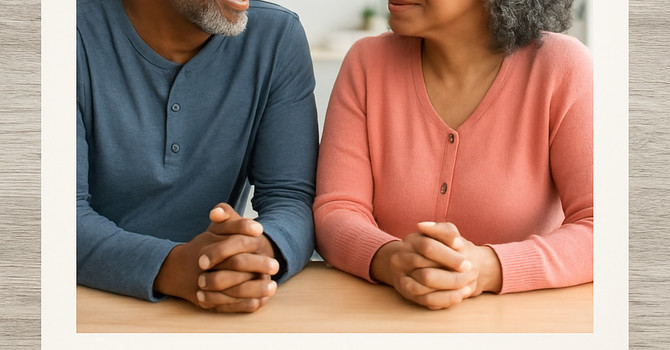
The recent passing of Johnny and Matthew Gaudreau has sent shockwaves through the communities they touched. These two brothers, known for their remarkable talents and contributions to their respective fields, left behind not only grieving families but also an entire community grappling with collective sorrow. In times like these, the psychological effects of group loss can be deeply felt, permeating through families, friends, and communities. This shared loss, however, presents opportunities for collective mourning—a powerful process that can foster healing and connection.
The Psychological Impact of Group Loss
When a community loses a prominent figure or, in this case, two, the emotional ripple effect can be overwhelming. Group loss, or the loss felt by a collective, brings about unique psychological challenges. Not only are individuals coping with their personal grief, but they are also navigating the compounded emotions of witnessing others mourn, which can intensify their own feelings of loss.
Grief Amplification: When several people mourn the same individuals, the grief can feel amplified. The experience of seeing the deep pain in others can mirror one's own emotions, sometimes leading to what psychologists refer to as "vicarious trauma." Even those who may not have known the Gaudreau brothers personally might feel an overwhelming sense of sadness, as they resonate with the collective grief around them.
Disruption of Community Identity: Communities often look to their leaders, celebrities, or well-known members as pillars of identity. When such figures are lost, the community can feel as though a part of its shared identity is lost too. The Gaudreau brothers were likely seen as anchors in their respective circles, and their absence can leave people feeling disoriented, wondering how to fill the gap.
Increased Emotional Contagion: Human beings are inherently social, and emotions tend to be contagious, especially within tight-knit groups. This means that the sorrow experienced by one can easily spread to others, sometimes leading to a prolonged or more intense mourning period. The atmosphere can become heavy with sadness, making it harder for individuals to find solace or recover emotionally.
The Importance of Collective Mourning
While group loss can be incredibly painful, it also presents a unique opportunity for healing through collective mourning. When people come together to honour the deceased, they create a space where emotions are shared and validated. This process can bring about a profound sense of unity and comfort.
Shared Rituals: Whether it's a memorial service, vigil, or community gathering, collective mourning allows individuals to process their grief together. These shared rituals not only honour the lives lost but also provide a structured space for people to express their emotions. They offer a sense of continuity, reminding the community that, even in the face of loss, they are still united.
Social Support: One of the key components of healing from grief is social support. When people mourn together, they provide each other with emotional sustenance. In the case of the Gaudreau brothers, the shared memories, stories, and reflections can create a collective narrative that helps people find meaning in their loss. Leaning on one another during this time reinforces the idea that no one is alone in their grief.
A Sense of Purpose: Collective mourning can also help people find purpose in the wake of loss. Whether it's organizing charitable events, starting initiatives in honour of the deceased, or even just coming together to create positive change, the act of doing something in memory of the lost individuals can be profoundly healing.
Steps to Mourn as a Collective
1. Hold Vigils or Memorial Services: These events provide a focal point for grief, where everyone can come together to share memories, offer condolences, and express their emotions in a supportive environment. Lighting candles, playing music, or sharing speeches can bring comfort and help with emotional release.
2. Encourage Open Dialogue: Create spaces for people to talk about their feelings. Group meetings, online forums, or even informal gatherings can give individuals a chance to speak openly about their grief and the impact of the loss.
3. Community Art Projects: Art can be a powerful form of expression, especially in times of grief. Encourage community members to contribute to murals, collages, or other creative projects that pay tribute to the lives lost. This not only honors the deceased but also provides a therapeutic outlet for emotions.
4. Support Mental Health Initiatives: Losing prominent community members can bring up difficult emotions, and it’s essential to have access to mental health resources. Organize events or fundraisers to support grief counseling services, and encourage individuals to seek help if they’re struggling.
5. Create Memorial Scholarships or Charities: Honor the legacy of the deceased by establishing something in their name that gives back to the community. Whether it’s a scholarship, charity, or an annual event, this act of remembrance ensures that their impact continues even after their passing.
Moving Forward Together
The loss of the Gaudreau brothers is a heavy one, and the grief it leaves in its wake will be felt for some time. But through collective mourning, the community can come together, support one another, and begin the long journey toward healing. By sharing in this grief, expressing emotions, and honouring the lives of those lost, the process of mourning becomes less isolating and more communal.
In times of profound loss, we must remember that healing is possible—not alone, but together. By leaning on one another and honouring the memories of those who have passed, we can find strength, resilience, and, eventually, peace.
.JPEG)
.JPEG)




